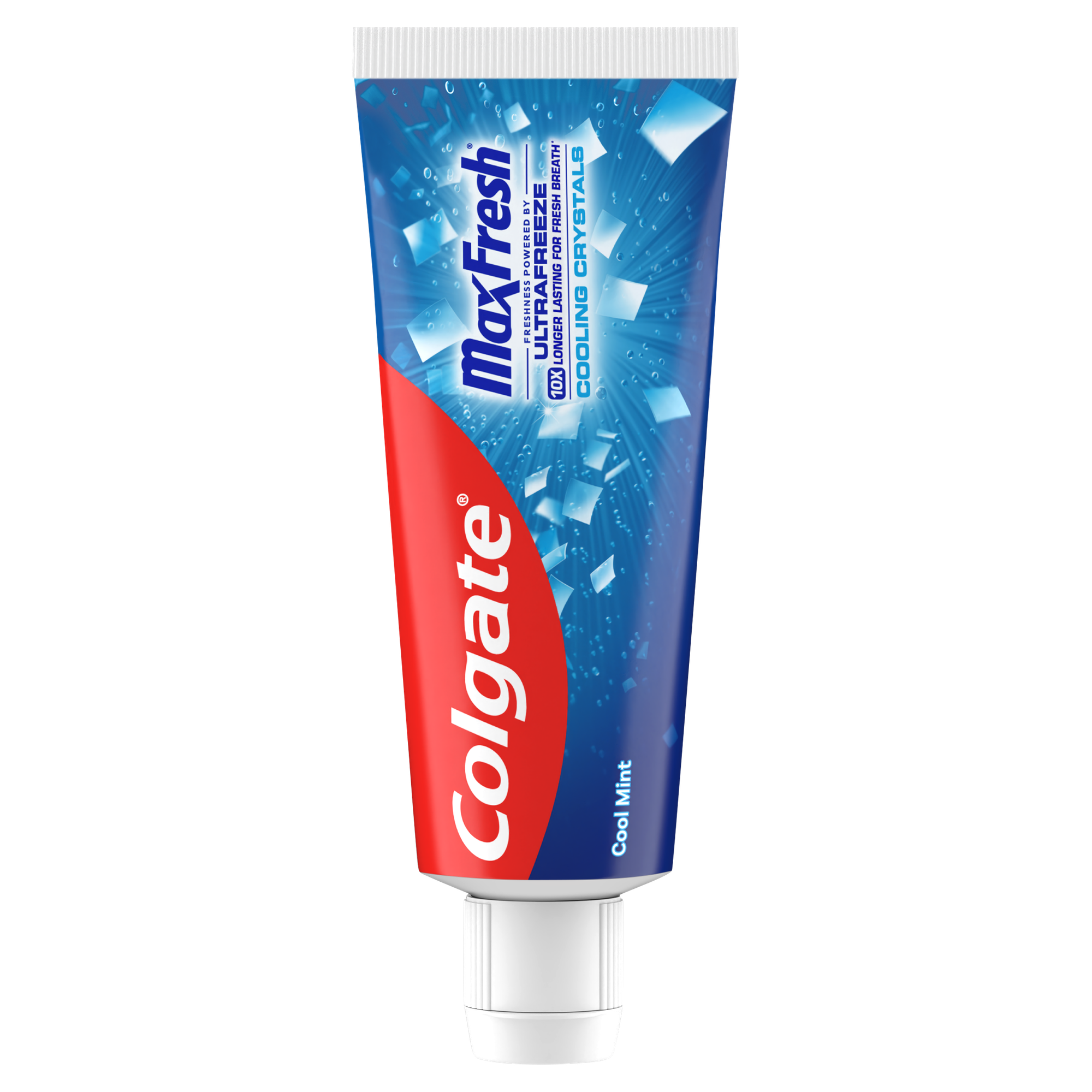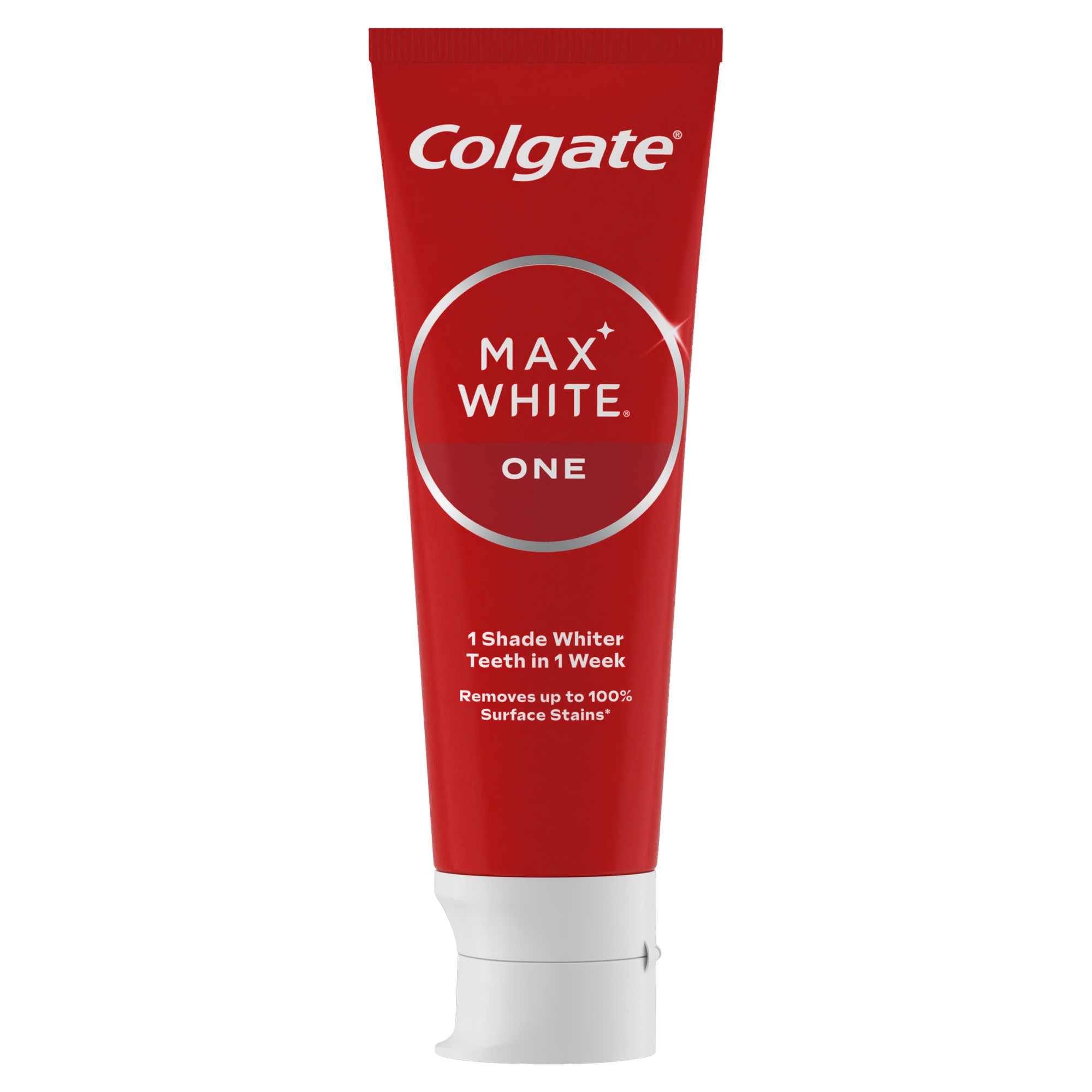Bad breath can be caused by the following:
- External factors – foods such as onions and garlic, beverages like coffee and alcohol, and smoking
- Poor oral hygiene – where plaque and food debris is left on the teeth
- Oral diseases – gingivitis and periodontal disease
- Dentures – plaque and food debris can accumulate on dentures, which need to be cleaned daily
- Tonsils –crevices in the tonsils can allow food debris to become lodged in the tonsil area
- Respiratory tract infections – throat, sinus and lung infections
- Dry mouth (Xerostomia) – can be caused by salivary gland problems, medication, mouth breathing, radiation therapy and chemotherapy
- Systemic diseases – diabetes, liver, kidney, lung, sinus diseases and gastrointestinal disorders
How does Oral Disease Relate to Systemic Disease?
Recent research suggests a link between oral disease and systemic diseases (diabetes, cardiovascular disease, stroke, respiratory infections and Alzheimer disease) and other medical conditions. When gums become inflamed in gingivitis, inflammatory mediators called cytokines that are in the gum tissue can enter your saliva and can also become aspirated into the lungs. Bacteria that are responsible for periodontal disease may also enter the circulatory system around the teeth and travel to other parts of the body. Oral bacteria may cause secondary infections or inflammation of other tissues or organ systems in the body 2.
Who Should You See If You Have Bad Breath?
If you believe your diet is causing bad breath, then consult with a dietician or nutritionist who will work with you to modify your diet. If you have poor oral hygiene and are suffering from gingivitis (inflammation of the gum tissue in your mouth) or have periodontal disease (bone loss around the teeth), consult your dentist and work with your dental hygienist to improve your daily oral hygiene. The tonsils and respiratory infections will need to be followed by your physician. A large portion of people in the United Kingdom suffer from dry mouth due to medications they may be taking, salivary gland dysfunction and those who may be going through radiation and chemotherapy treatment for cancer therapy. Please consult your physician or oncologist for their professional recommendations for prescription or over-the-counter products that can alleviate dry mouth symptoms. Patients who suffer from diabetes, have liver or kidney conditions, and gastrointestinal disorders should see their physician for their advice on how bad breath can be reduced regarding these systemic diseases. Contact your dentist for advice on which dental or medical professional to see for your condition.
References:
1. Ooh, That Smell: What to Do if It’s Coming From You – Dentists Discuss Treatments for Bad Breath. Reviewed information here
2. The oral cavity plays an important role in the overall health of the body. Reviewed information at www.oralsystemicconnection.com.
This article is intended to promote understanding of and knowledge about general oral health topics. It is not intended to be a substitute for professional advice, diagnosis or treatment. Always seek the advice of your dentist or other qualified healthcare provider with any questions you may have regarding a medical condition or treatment.
ORAL HEALTH QUIZ
What's behind your smile?
Take our Oral Health assessment to get the most from your oral care routine
ORAL HEALTH QUIZ
What's behind your smile?
Take our Oral Health assessment to get the most from your oral care routine











